Celtic Symbols
This page lists all the various symbols in the Celtic Symbols category.
The Celts (usually pronounced pron.: /ˈkɛlts/ but sometimes /ˈsɛlts/, see pronunciation of Celtic) or Kelts were an ethno-linguistic group of tribal societies in Iron Age and Medieval Europe who spoke Celtic languages and had a similar culture, although the relationship between the ethnic, linguistic and cultural elements remains uncertain and controversial.
Symbols in this category:
All Ireland Blue Tartan
Part of a series of tartans produced by Lochcarron in 1997 to acknowledge the early historical and cultural links between the Scots and Irish.**
Apple
One of the most symbolic of all fruits, apples have held a central place in the traditions of many cultures.
Bear
Even if they’ve never seen one in person, most people have probably come across bears, whether through movies, nature documentaries, children's characters or even stuffed animals. In any case, the human fascination with this animal is a truly ancient phenomenon, stretching back thousands of years and found in the traditions of many different cultures.
Boar
When it comes to symbolic meaning, the boar can be distinctly different from the “pig”, so this article will only address the former. While there are some general connotations to the boar that are fairly easy to understand, there are also innumerable cultural associations that follow in the tracks of this animal, wherever it happens to reside.
Celtic Cross
Celtic cross (Irish: cros Cheilteach, Scottish Gaelic: crois Cheilteach, Manx: crosh Cheltiagh, Welsh: croes Geltaidd, Cornish: krows geltek, Breton: kroaz geltek) is a symbol that combines a cross with a ring surrounding the intersection.
Celtic knot
Celtic knots are a variety of knots and stylized graphical representations of knots used for decoration, used extensively in the Celtic style of Insular art. These knots are most known for their adaptation for use in the ornamentation of Christian monuments and manuscripts, such as the 8th-century St. Teilo Gospels, the Book of Kells and the Lindisfarne Gospels. Most are endless knots, and many are varieties of basket weave knots.
Claddagh
Often seen as a decorative element in jewelry, this familiar symbol embodies several values that have long been key components of human culture.
Oak
In many parts of ancient Europe, the oak tree was a revered symbol and associated with numerous deities. Besides the tree itself, individual components such as acorns and leaves hold their own unique significance.
Raven
The raven is a very interesting creature in terms of symbolic meaning. Although it has a widespread reputation for ill fortune, this is not the case everywhere you go, and even where it is, there are subtle layers of meaning assigned to this bird that some may not be aware of.
Stag
When it comes to symbolism, the "stag" possesses a separate set of meanings from the “deer”, so this article will only address the former.
The Celtic Motherhood Knot
Celtic knots, called Icovellavna, are a variety of knots and stylized graphical representations of knots used for decoration, used extensively in the Celtic style of Insular art. These knots are most known for their adaptation for use in the ornamentation of Christian monuments and manuscripts, such as the 8th-century St. Teilo Gospels, the Book of Kells and the Lindisfarne Gospels. Most are endless knots, and many are varieties of basket weave knots.
The Celtic Shield
The Celtic shield is often used to ward off evil spirits, and also for protection.
Citation
Use the citation below to add this symbols category to your bibliography:
Style:MLAChicagoAPA
"Celtic Symbols." Symbols.com. STANDS4 LLC, 2024. Web. 27 Jul 2024. <https://www.symbols.com/category/22/Celtic+Symbols>.
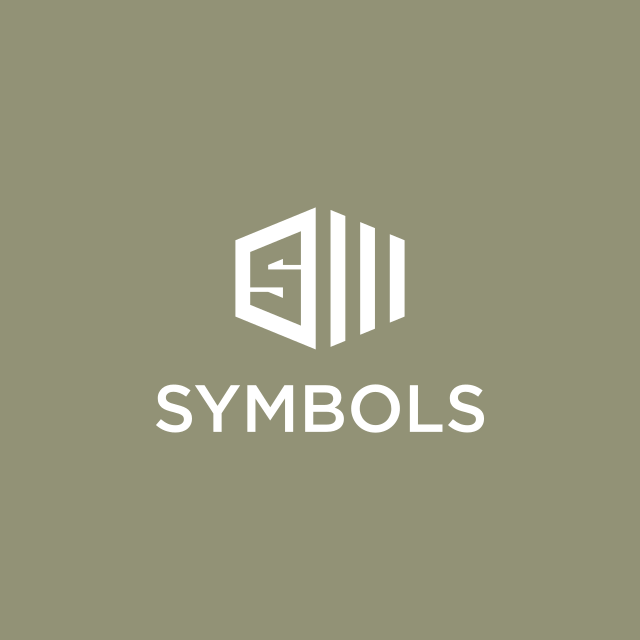
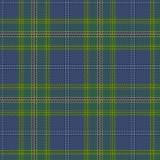
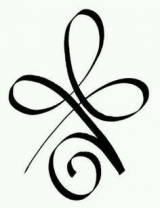
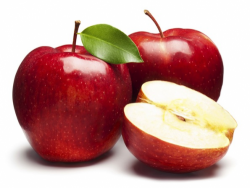

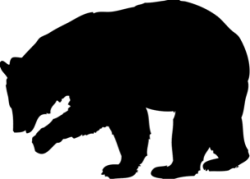

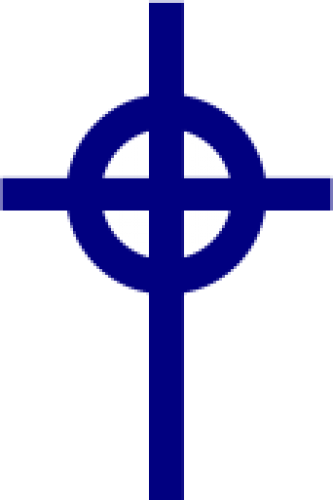
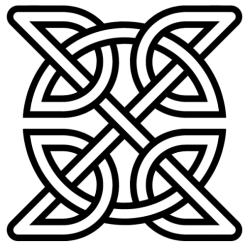
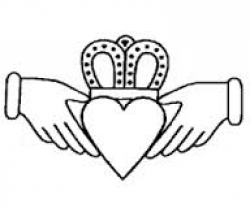
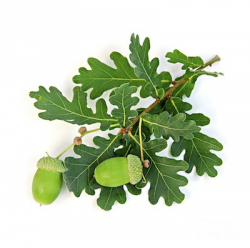

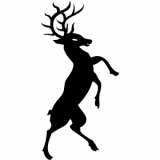
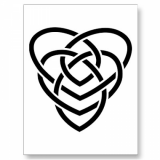
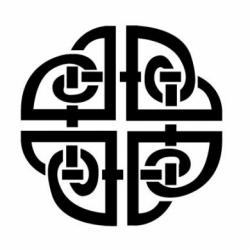
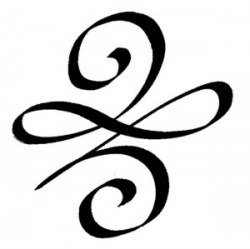
Have a discussion about the Celtic Symbols category with the community:
Report Comment
We're doing our best to make sure our content is useful, accurate and safe.
If by any chance you spot an inappropriate comment while navigating through our website please use this form to let us know, and we'll take care of it shortly.
Attachment
You need to be logged in to favorite.
Log In